The Practical Tanya
The Practical Tanya takes your faith to new heights through the study of the Tanya, the foundational text of Chabad philosophy. Like a doctor for the soul, Tanya guides you through its 53 chapters, helping you uncover your true identity and deepen your connection with the Divine. Hosted by Rabbi Aryeh Weinstein, this podcast makes the profound wisdom of Tanya accessible and practical for everyday life.
Become a Supporter & Access All Resources
GET AROUND
Contact
- [email protected]
- Address: 25 N State St, Newtown, PA 18940
2025-2026 Beginning Within. All Rights Reserved. | Empowering Personal Growth & Spiritual Awakening | Privacy Policy | Terms & Conditions
Appreciate You
Thank you for being part of our learning community!
$
10
00
Monthly -
Access to Courses
-
Access to Podcasts
-
Access to Video Courses
-
Exclusive Q & A
-
Exclusive Masterclasses
Truly Grateful
Your commitment makes a real impact!
$
36
00
Monthly -
Access to Courses
-
Access to Podcasts
-
Access to Video Courses
-
Exclusive Q & A
-
Exclusive Masterclasses
All-In
You’re fully invested in the power of Jewish learning!
$
90
00
Monthly -
Access to Courses
-
Access to Podcasts
-
Access to Video Courses
-
Exclusive Q & A
-
Exclusive Masterclasses


